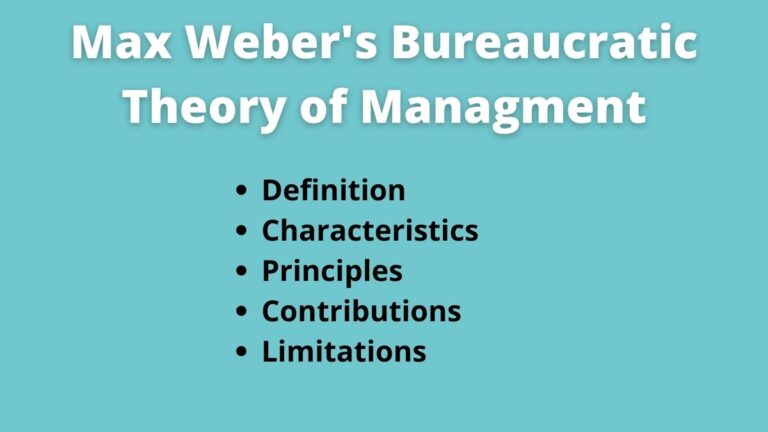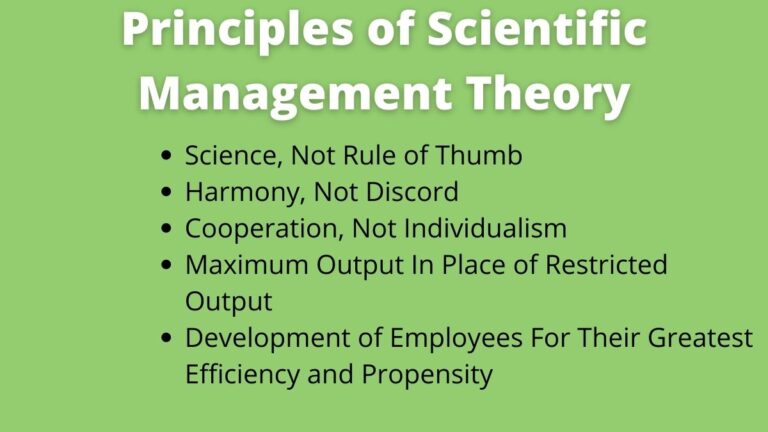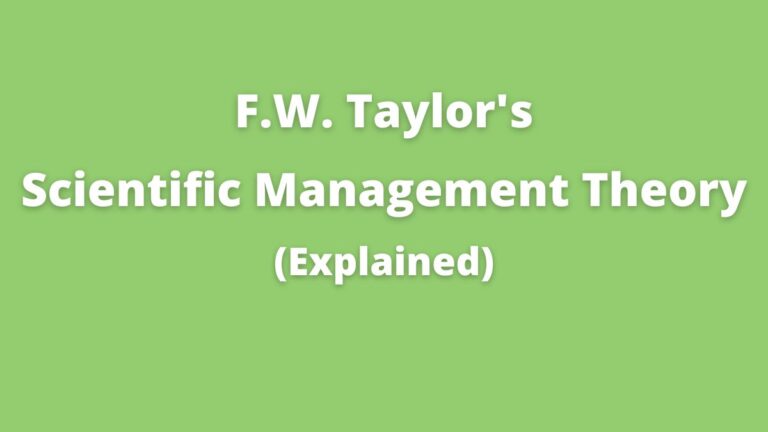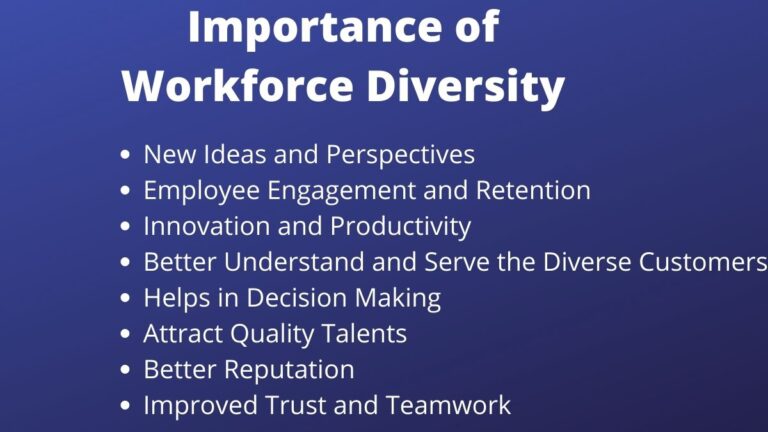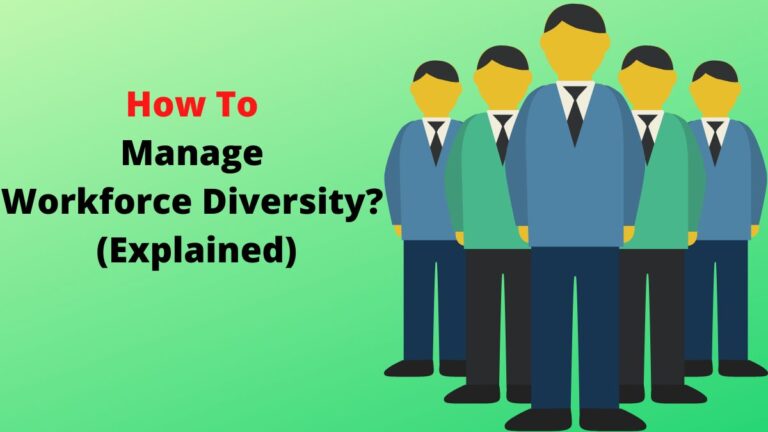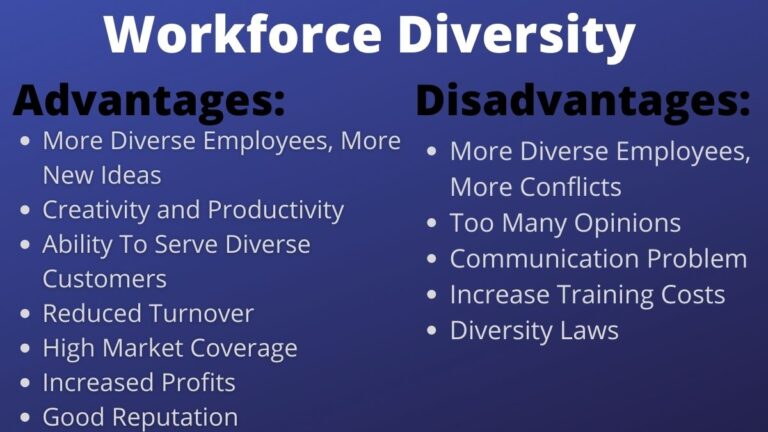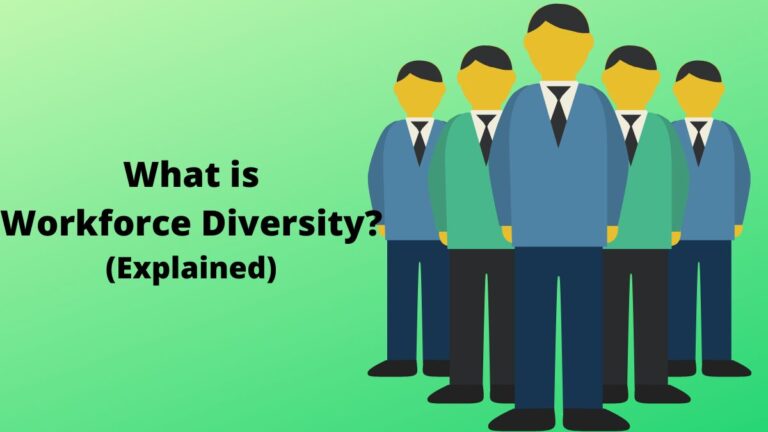Bureaucratic Theory of Management: Definition, Principles, Contribution, and Limitations
What is the Bureaucratic Theory of Management? The bureaucratic theory of management developed by Max Weber, states that for an organization to be efficient and effective in its goal achievement needs to be more authoritative, rigid, and structured. It is the management of the business with a clearly defined managerial process. Max Weber’s (1864-1920) bureaucracy…
